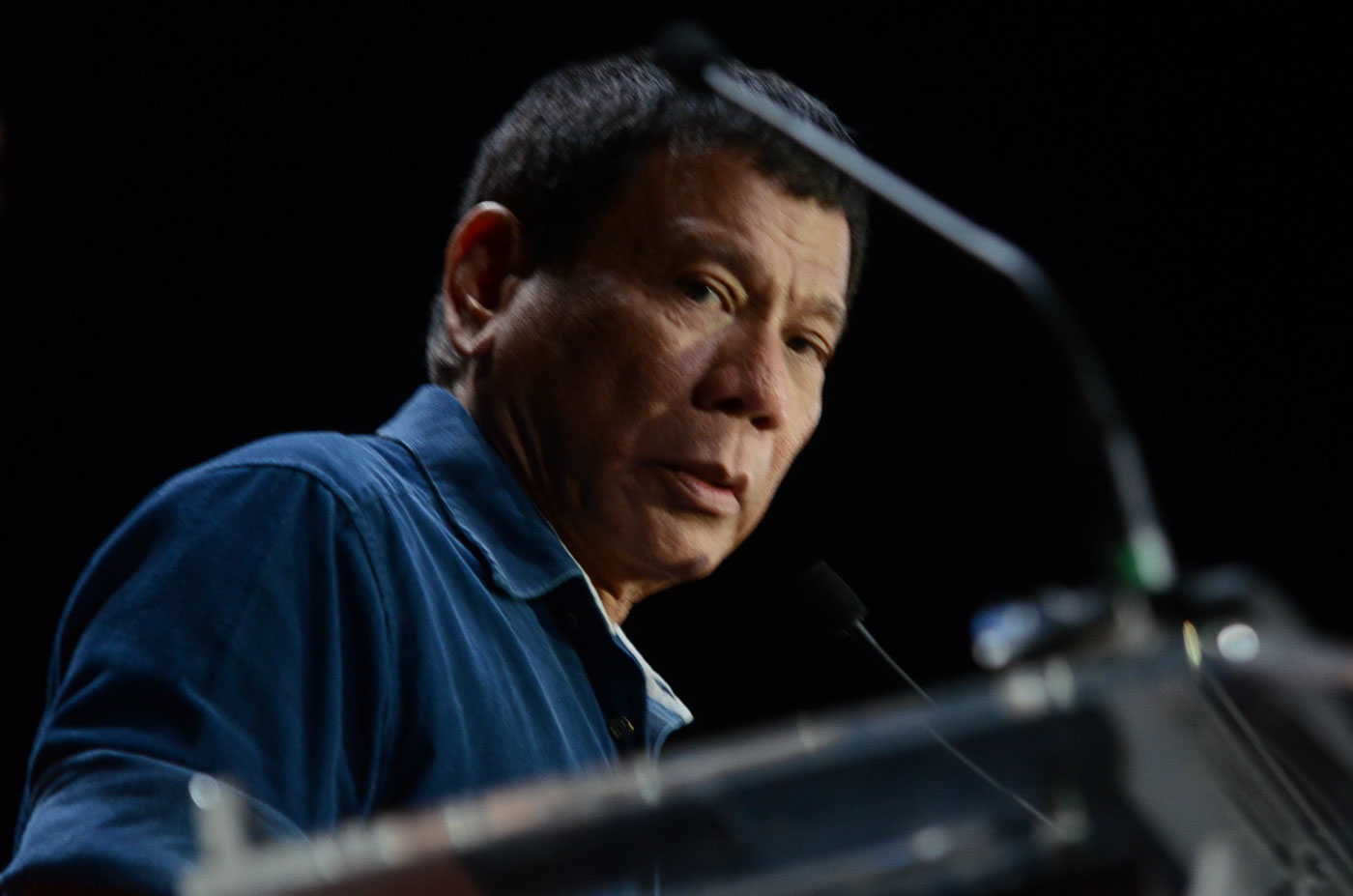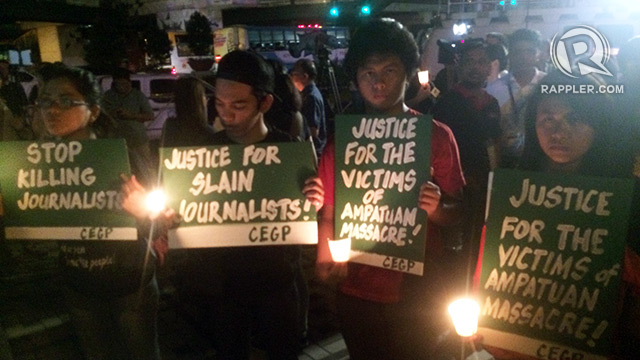
MEXICO CITY, Mexico – Mexico opened on Tuesday, January 26, a national debate on prohibitionist marijuana laws, as the government appeared open to legalizing medical cannabis use.
President Enrique Peña Nieto, who personally opposes legalization, decided to hold 5 public forums after the Supreme Court opened the door to recreational use of marijuana in a country beset by drug cartel violence for a decade.
"This is an issue that has directly or indirectly affected the lives of millions of Mexicans," Interior Minister Miguel Angel Osorio Chong said at the start of the first debate, which was broadcast online.
"Such a delicate issue cannot be left to improvisation," he said in the Caribbean resort city of Cancun, where experts were invited to debate the drug's effects on public health and addiction.
Legalization supporters argue that decriminalizing marijuana would strip drug cartels of a major source of revenue and reduce violence that has killed tens of thousands of people.
Peña Nieto has rejected such arguments, but he indicated that his government would be open to changing the laws, depending on the outcome of the debate.
Osorio Chong strongly hinted that the administration was open to the medical use of marijuana, noting that there is a "majority (of public) opinion" in favor of such uses.
The government, he said, "is completely open to measures that improve the quality of life" of its citizens.
Roberto Campa, a deputy interior minister for human rights, said that international conventions do not prohibit the medical use of marijuana.
"There is much more space to find agreements in this sense," Campa told reporters.
A senator from Peña Nieto's Institutional Revolutionary Party has introduced legislation that would authorize medical marijuana.
Opinion polls show that most Mexicans oppose the legalization of marijuana but that they back its medical use.
An 8-year-old epileptic girl named Grace became the symbol of efforts to legalize medical marijuana in Mexico when her parents won a court case last year that allowed them to import a cannabis-based oil to treat her.
Since then, other families with epileptic children have urged policymakers to loosen the laws.
Growing regional debate
The government will host 4 more debates in other parts of the country between January and April ahead of a United Nations conference on drug policy.
The Cancun debate included experts from Harvard University and the National Autonomous University of Mexico, with split opinions on the benefits of legalizing pot.
"Not all consumption is problematic. It depends a lot on the dose, the frequency (of drug use) and the age," said Deni Alvarez Icaza, a Mexican psychiatrist and co-author of the book "Marijuana and Health."
A Mexican health ministry study found that 17.2% of middle and high school children consume drugs, with most of those using marijuana.
The forums in Mexico are part of a growing debate in the region on legalizing marijuana.
In December, the president of Colombia, another country beset by drug violence, signed a decree legalizing medical marijuana.
Uruguay has created a regulated market for pot, while Chile's Congress is considering a bill to legalize the drug.
In the United States – the biggest consumer of drugs from Mexico – 23 states have legalized medical marijuana use while four states plus the US capital city have legalized its recreational use. – Carola Solé, AFP / Rappler.com




























